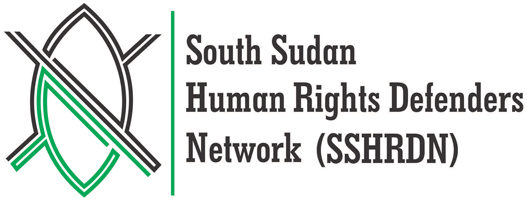Nomination and selection procedure
Read this information in Dutch.
The nomination period for the Human Rights Tulip 2021 is open and will end on 20 July at 11:59 PM. The nomination and selection procedure is described below. Human rights defenders and human rights organisations all over the world work to promote human rights. That means that every year there are many strong candidates.
Nomination procedure
Nominations can be made by filling out Nomination form for the Human Rights Tulip 2021. Please note that human rights defenders and organisations cannot nominate themselves. The nomination form is available in Englisch, French, Spanish, Russian and Arabic. (See the drop-down list at the top right of the form).
The nomination period will end on 20 July 2021 at 11:59 PM. Nominations submitted after that date will not be considered. The selected candidates will be contacted. For any questions please send an email to [email protected].
Selection procedure
To decide who should win, all the submitted nominations are reviewed using agreed selection criteria. A certain weight is given to each criterion.
The selection criteria are as follows:
- Working to peacefully promote and/or protect human rights, especially in one of the following fields:
- freedom of expression (including online);
- freedom of religion or belief;
- equal rights for LGBTI persons;
- equal rights for women and girls;
- fight against impunity and accountability for international crimes.
- Level of repression and risks faced as a result of the human rights work.
- Level of innovation and creativity in the approach to promote and protect human rights.
- Ability to achieve impact and to reach and improve the life of (marginalised) beneficiaries through the human rights work.
- Working with and involving relevant partner organizations and/or communities.
- Sustainability of the project and the possibility to scale up the approach or project.
A panel of 5 human rights experts pre-selects the top ten candidates with the highest scores as well as three ‘wild cards’, so that strong candidates who don’t score well on every single point still have a chance of winning. This list of 13 candidates is then submitted to an independent jury with 6 members. The jury discusses the profiles of these candidates and selects three candidates most eligible for the Human Rights Tulip award. The names of these three candidates are given to the Minister of Foreign Affairs, who picks the winner of Human Rights Tulip.
